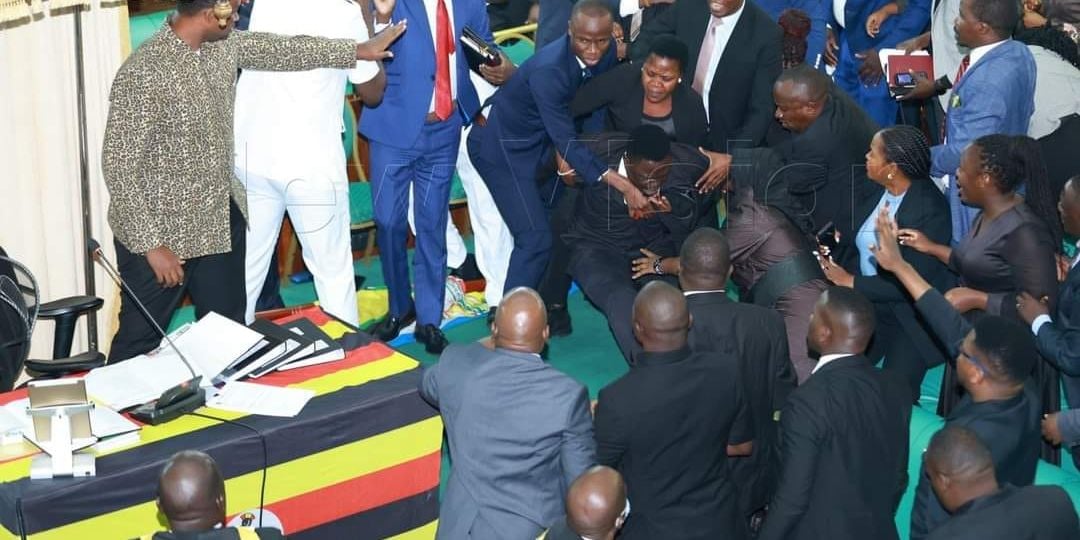
For Immediate Release
7th/11/2024
The Human Rights Network for Journalists Uganda (HRNJ-Uganda) deeply condemns the blatant move by the Parliament of Uganda to undermine the public’s right to access information, which is guaranteed under Article 41 of the Constitution of the Republic of Uganda.
The same right is recognized at the regional level, with Article 9 of the African Charter on Human, and People’s Rights (ACHPR) providing that every individual has the right to receive information and express his or her opinions within the law.
However, on November 6, 2024, the journalists under their umbrella body, the Uganda Parliamentary Press Association (UPPA) were barred from covering the proceedings of the Parliament ahead of the passage of the contentious National Coffee Amendment Bill, 2024.
This move is a clear indication of the erosion of press freedom and a limited appreciation of the media’s role in building a democracy.
The media plays a vital watchdog role over Parliament, ensuring accountability and transparency in the decision-making process for and on behalf of the people.
By denying the media access to the plenary chambers to cover proceedings, the public is left in the dark, and Parliament is not held accountable for its actions. This is particularly concerning during heated debates like the National Coffee Amendment Bill, 2024.
We are dismayed that despite housing the media in Parliamentary premises and recognizing that the speaker presided over the elections of the UPPA leadership, the same Speaker presided over a house that blocked journalists from executing their duties. This is a stark contradiction to her previous pledge to support the media in their execution of duties.
The blocking of media access is a sheer demonstration of a limited appreciation of the role of the media in building the democracy that Uganda aspires to become, and we fear that the blockage may set a dangerous precedent for future parliamentary proceedings.
The silence of the Parliamentary Forum on the Media is alarming to us. As an active forum tasked with ensuring journalists’ participation in house proceedings, we find its inaction unacceptable.
Therefore, we demand that the Parliamentary Forum on the Media asserts itself in matters where the media is pushed to the wall, and obstructed from executing its full-scale mandate in Parliament.
The UPPA President Sam Ibanda Mugabi has since described the incident as a direct attack on media freedom, thus announcing a coverage ban on all Parliamentary activities until institution leadership issues a satisfactory explanation regarding the media rights’ violations.
However, Dr. Chris Baryomunsi, the Minister of ICT defended the Parliament’s action on the grounds that the institution reserves the right to halt the electronic media coverage in accordance with Parliament’s rules of procedure. He said the move was in that line, not violating media freedoms.
HRNJ-Uganda stands in solidarity with the UPPA and all media practitioners and journalists who resist any impediment to their right to work. We would, therefore, support all potential actions, including legal measures, to address this situation.
We call upon the Ugandan government to uphold the rights of journalists and media freedom, as enshrined in the Constitution and international statutes.
We contend that the passage of the National Coffee Amendment Bill, 2024, without adequate media scrutiny raises concerns about the government’s commitment to transparency and accountability.
Press freedom is a key tenet and therefore, HRNJ-Uganda is committed to ensuring an empowered media, which can play its watchdog, and accountability role in a secure and an enabling operating environment.
Robert Ssempala,
The HRNJ-Uganda Executive Director
